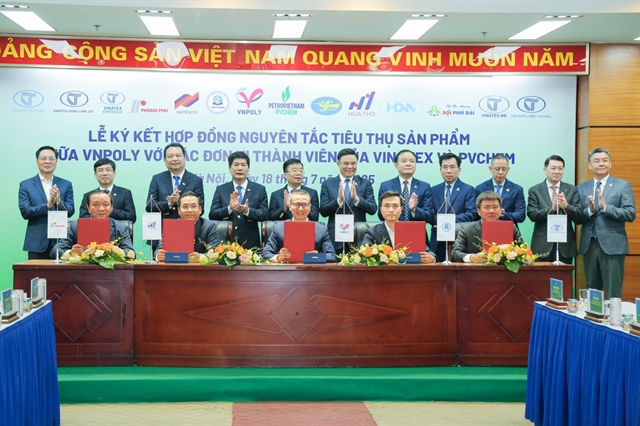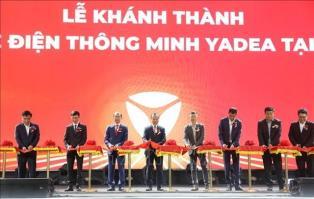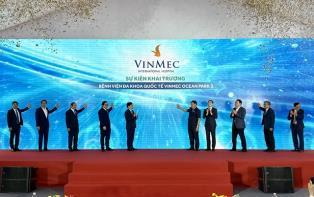This move aims to strengthen the domestic supply chain for petrochemicals, fibres and textiles and enhance the competitiveness of Việt Nam’s garment industry.

HÀ NỘI — Vietnam National Industry - Energy Group (Petrovietnam) and Vietnam National Textile and Garment Group (Vinatex) have signed a product offtake agreement between their subsidiaries, VNPOLY and several Vinatex member units.
This move aims to strengthen the domestic supply chain for petrochemicals, fibres and textiles and enhance the competitiveness of Việt Nam’s garment industry.
Under the deal, Vietnam Petrochemical and Fibre JSC (VNPOLY) will supply polyester staple fibre (PSF) to several Vinatex affiliates, supporting trials at 1-2 downstream factories to evaluate the product’s suitability for spinning, weaving and dyeing.
Once consistent quality is confirmed, VNPOLY’s PSF will be supplied to higher-end spinning enterprises such as Phú Bài, Hòa Thọ and Phú Hưng, targeting premium export markets including the EU and South Korea.
VNPOLY General Director Trần Huy Thư said 95 per cent of PSF was still imported. The deal was expected to help Vinatex boost local sourcing, meet export standards and improve traceability for yarn and fabric.
Việt Nam consumes around 492,000 tonnes of PSF annually, mostly imported. With textiles to the US accounting for 20 per cent of exports, the VNPOLY–Vinatex deal supports local sourcing amid tariff pressure. It also backs Petrovietnam’s push to restart the Đình Vũ plant and boost input localisation.
Petrovietnam Chairman Lê Mạnh Hùng stressed the agreement was a key milestone in reviving Đình Vũ plant and building a more self-reliant supply chain for the textile sector, particularly amid increasing global trade tensions and shifting policies in major markets like the US.
Vinatex Chairman Lê Tiến Trường said demand for synthetic fibre-based yarns was rising, with PSF becoming essential for producing CVC and PE yarns.
Previously, Việt Nam’s annual PSF demand was just over 100,000 tonnes, but it is expected to reach 550,000 tonnes by 2025. Since 2022, Vinatex’s spinning units have shifted away from 100 per cent cotton to synthetic blends, making PSF a critical input.
Meanwhile, new trade rules require synthetic yarns to prove origin. As Việt Nam can't grow cotton, over 50 per cent of materials must be locally sourced to meet fabric standards.
Trường stressed close VNPOLY–Vinatex coordination to ensure dye quality and stay competitive.
In a separate deal, VNPOLY also signed a cooperation agreement with PVChem to jointly develop products and services across the recycled plastics, fibre, petrochemical and chemical sectors. — VNS
- Tags
- PetroVietnam;Vinatex




